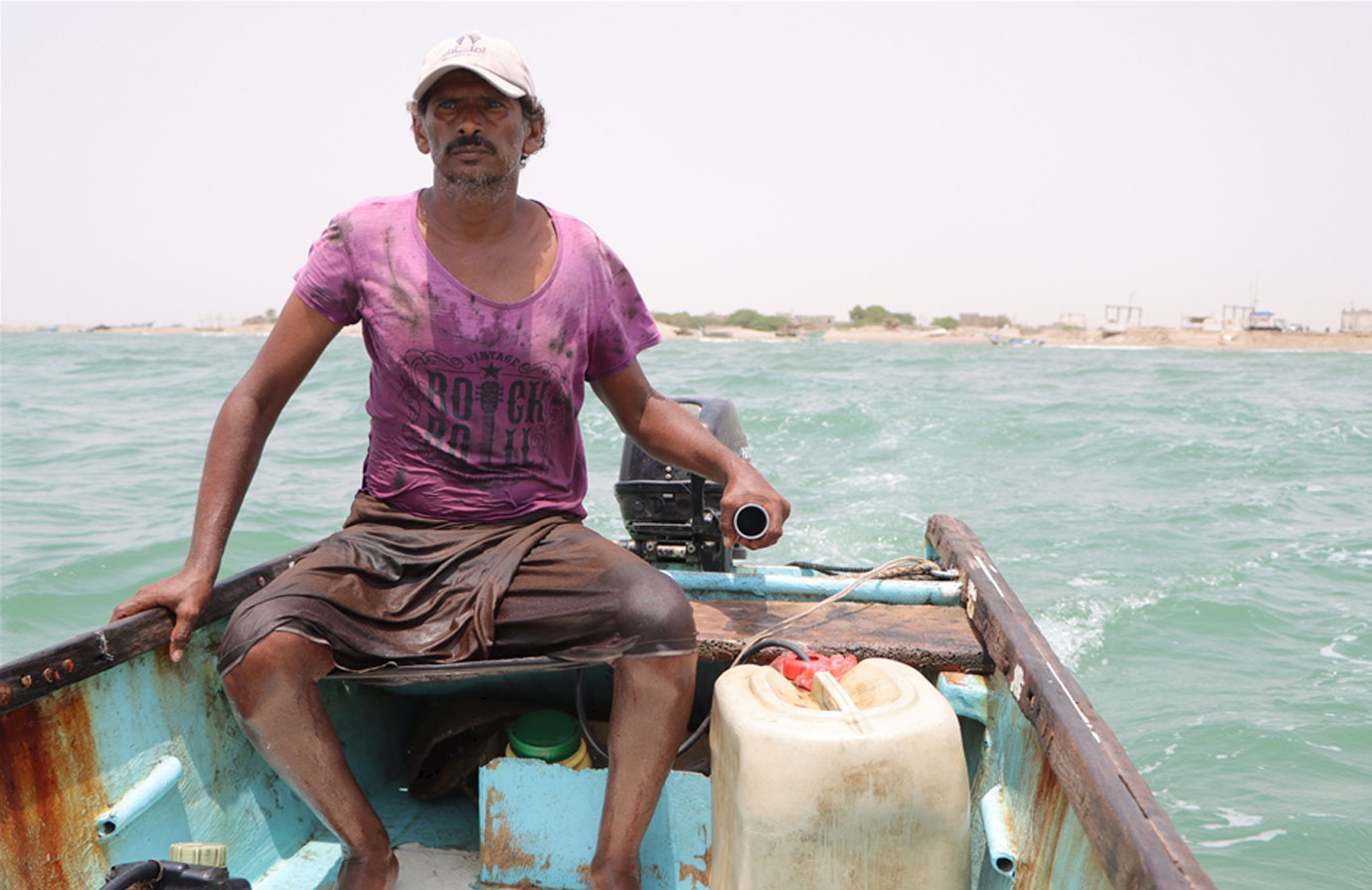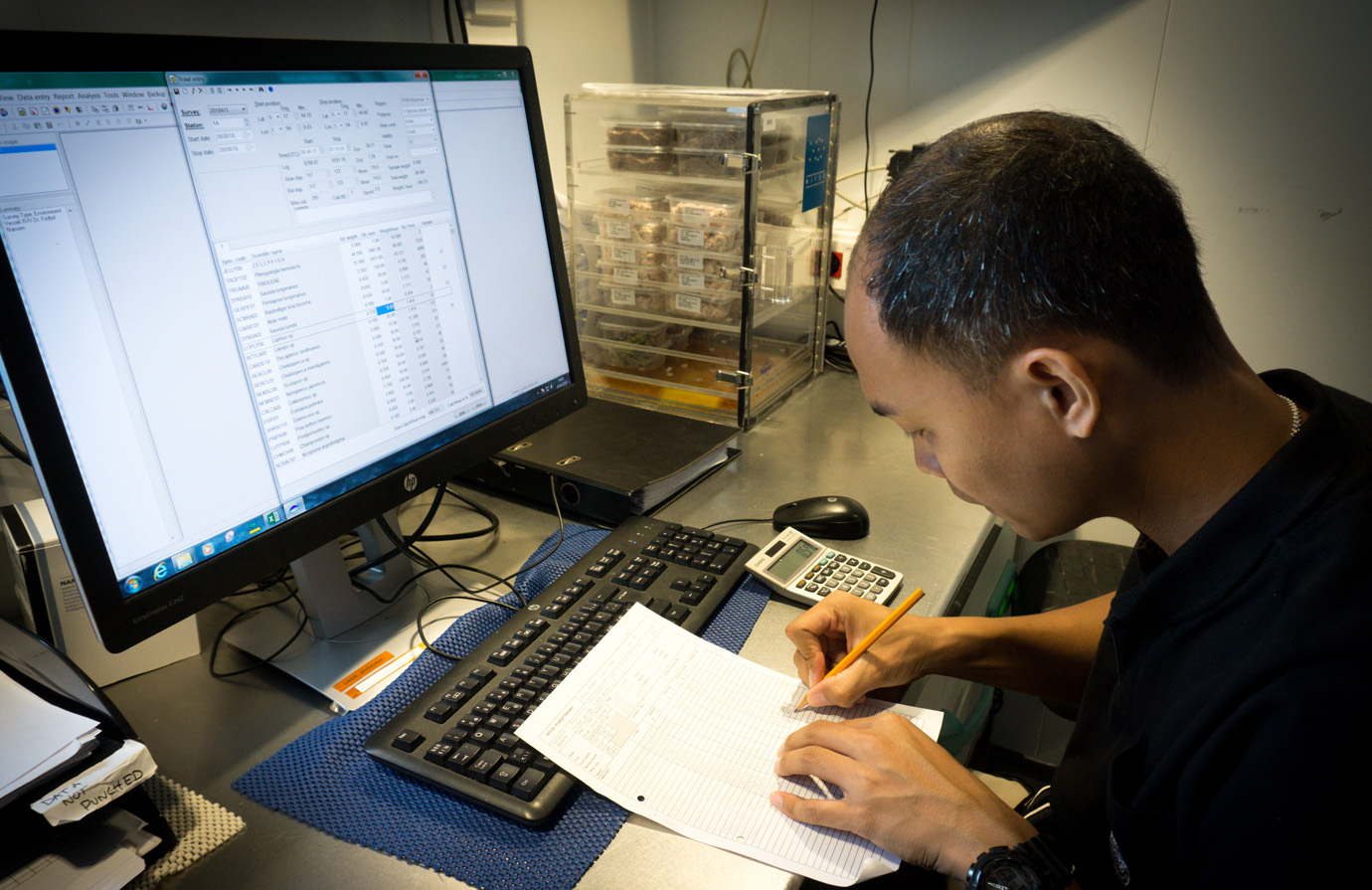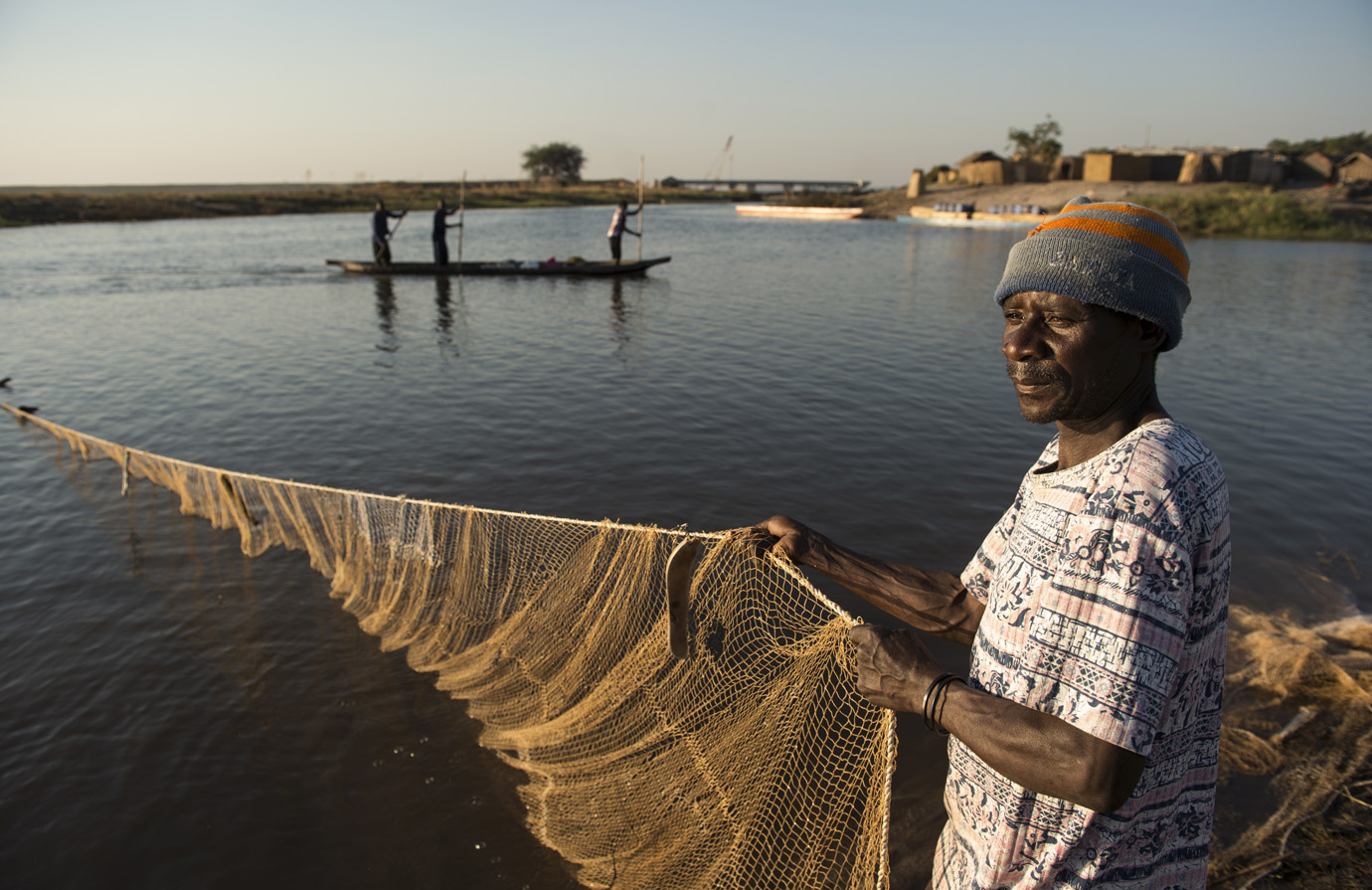Topic outline
-
-
Course
Ecosystem approach to fisheries - Introduction
This first course provides a comprehensive overview of the world fisheries and goes on explaining fisheries management, its objectives, mechanisms and challenges. Subsequently Ecosystem Approach to Fisheries (EAF) is introduced, explaining its underlying principles and key elements.
2 h -
Course
Ecosystem approach to fisheries - Planning
The second course focuses on the steps needed to begin an Ecosysten Approach to Fisheries (EAF) process, including building the project team, understanding the key actors and institutions who comprise the stakeholders, and developing a Baseline report. The course also explores how, upon approval of the Baseline report, to identify and prioritize elements of the fishery and from this, how to set objectives and develop an EAF Management Plan.
1 h 20 m -
Course
Ecosystem Approach to fisheries - Implementation
The third course focuses on how to implement a Fishery Management Plan (FMP), including consideration of whether and how to formalize the plan, and development of an Operational Plan.
50 m -
Course
Ecosystem approach to fisheries - Monitoring and review
The fourth course explains the need to regularly monitor and assess the outcomes of the Ecosystem Approach to Fisheries (EAF) implementation, then review and, if necessary, adapt the Fisheries Management Plan, and report on performance. This course was designed to provide guidance on the key aspects related to the monitoring and review process of an EAF.
40 m -
Course
Ecosystem approach to fisheries - Policy and legal implementation
This course aims to support the implementation of an Ecosystem Approach to Fisheries (EAF) through policy and legal frameworks. It offers guidance in all the steps of implementing an EAF through policy and legal frameworks, also supporting the development of an EAF Implementation Roadmap that aims to foster national inter-sectoral collaboration for the effective implementation of an EAF at national level.
40 m -
Course
Ecosystem approach to fisheries - Implementation monitoring tool
This course features the Ecosystem Approach to Fisheries Implementation Monitoring Tool (EAF-IMT), a simple method to monitor progress in implementation of the EAF in fisheries management, that aims to support fisheries management planning and decision-making. This course was designed to explain why and how to use the EAF-IMT and associated material.
45 m






